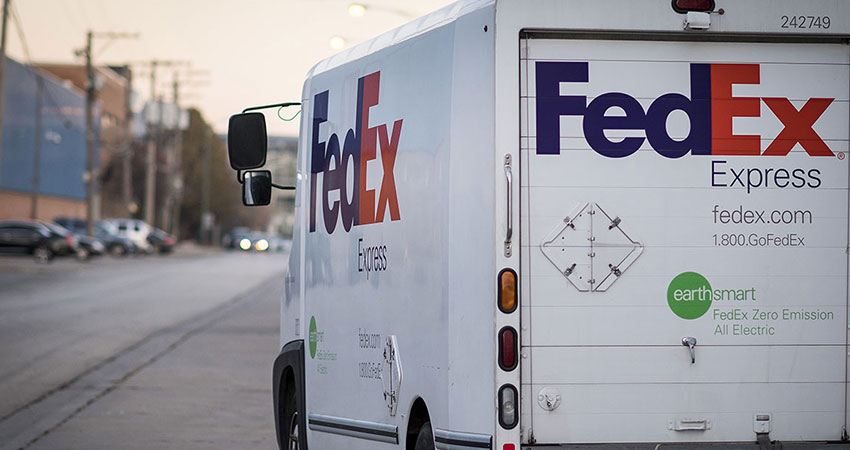FedEx for the first time is diverting some of its Express deliveries into its less expensive Ground network to drive efficiency and build ecommerce package density after parting ways with Amazon in 2019, according to the Wall Street Journal which saw an internal company memo.
The WSJ said FedEx will redirect slower residential Express packages marked for two-day delivery to its Ground division as they get close to their destination, starting with packages that originate in Greensboro, NC, and expanding to other markets in April.
“We are duplicating efforts and diluting our delivery density, including the number of packages delivered at each stop,” FedEx President and COO Raj Subramaniam said in the memo, according to the WSJ. He also told the WSJ that FedEx “will continue to look for opportunities to get more efficient” across the organization and has a team on the case.
While FedEx said the Amazon volume it lost last year represented less that 2% of its overall business, the shift still represented a hit. FedEx’s revenue was down 2.8% in the second quarter ended Nov. 30 to $17.32 billion, which was below the analyst consensus estimate of $17.57 billion. The company said in its 10Q filing that results were negatively affected by the loss of business “from a large customer” assumed to be Amazon.
FedEx Express, which operates worldwide, uses employee drivers, while Ground, which just operates in North America, uses drivers employed by contract firms. Express had 2019 revenue of $37.3 billion, compared to $20.5 billion for Ground.
UPS, by contrast, had a very good quarter and has been increasing its Amazon business, even as the latter expands its own delivery and logistics operations. UPS’s fourth-quarter revenue rose to $20.6 billion from $19.8 billion a year ago, just below analysts’ estimate of $20.7 billion. UPS executives said domestic same-day delivery over the holidays “experienced growth from a number of large and small-to-medium-sized customers, with the growth led by UPS’s largest customer, Amazon.”

